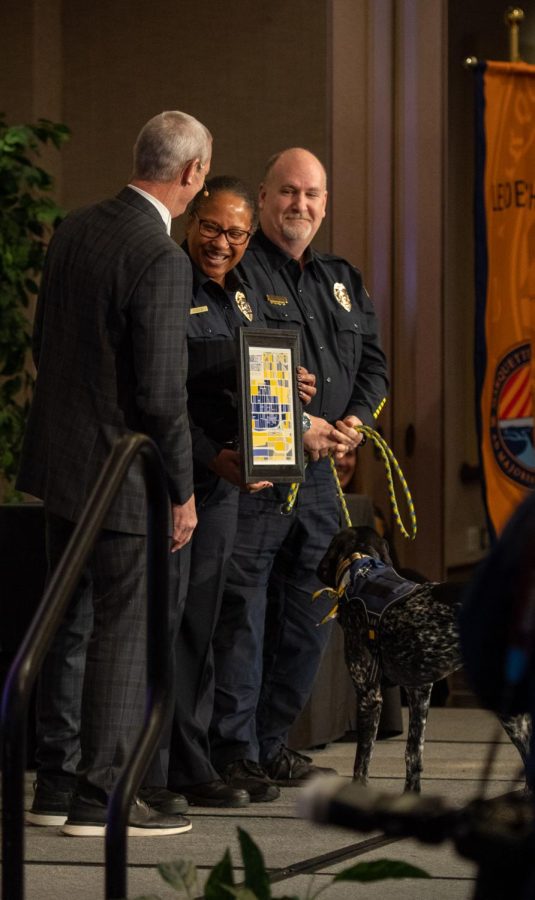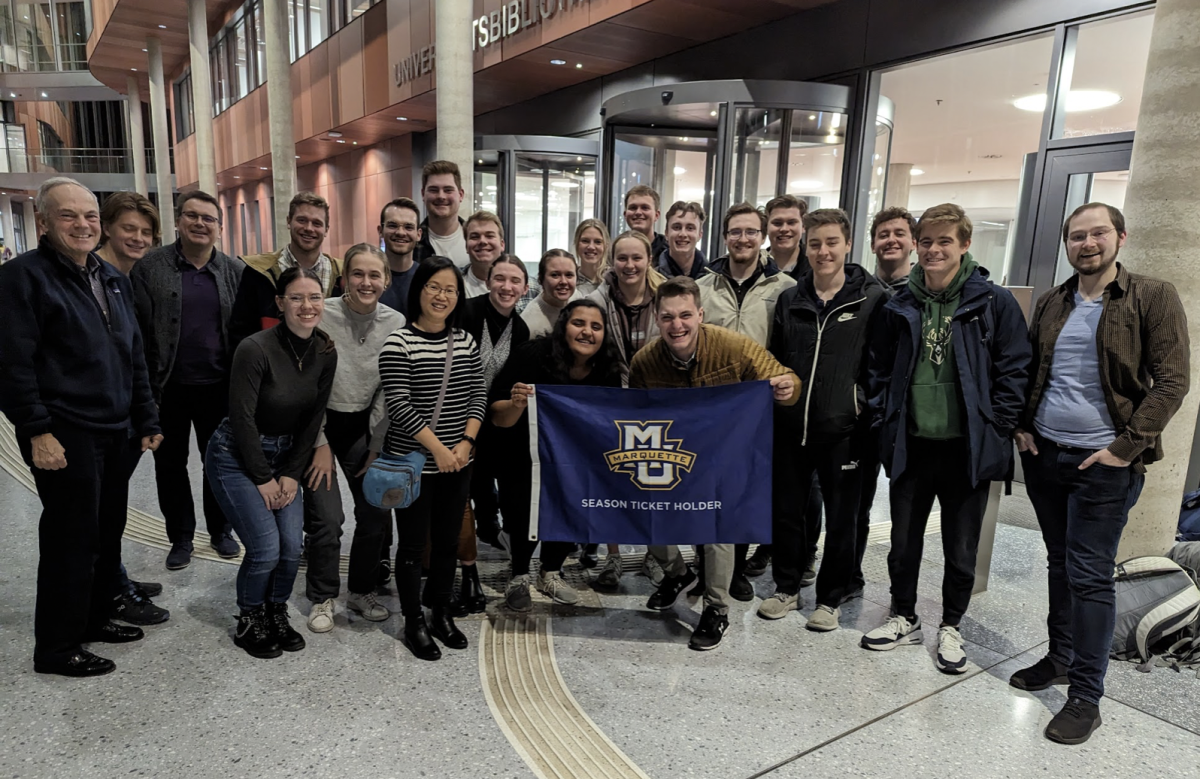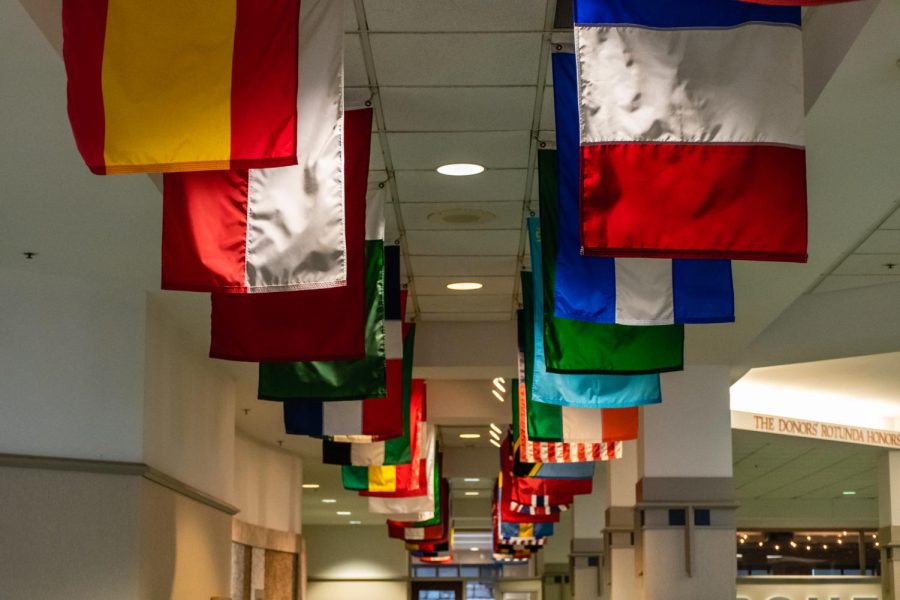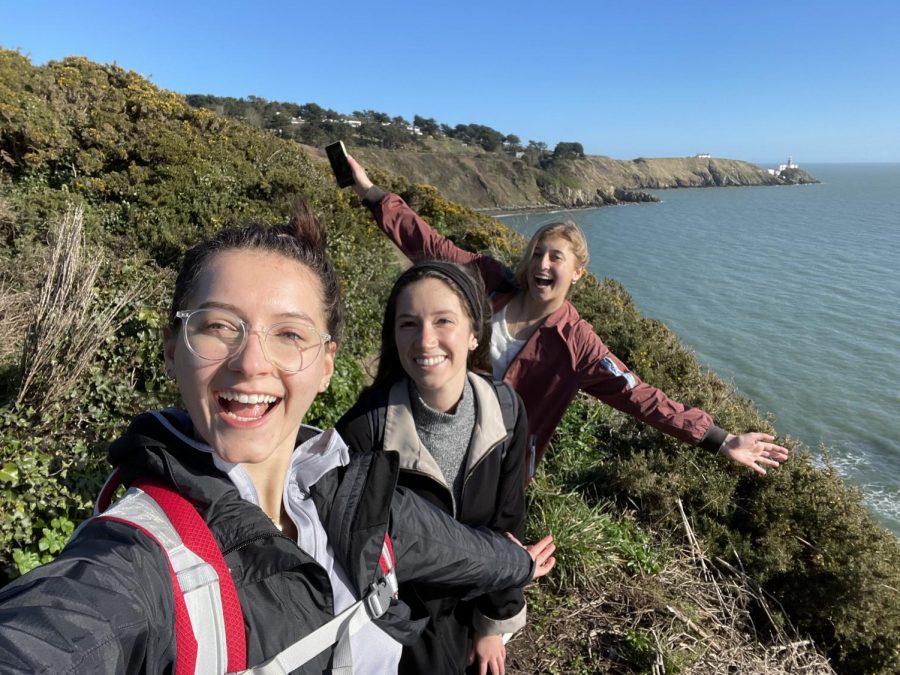Just as Marquette takes pride in student safety on campus, it makes keeping students safe abroad a priority as well.
Marquette currently has 85 students abroad, all of whom have been informed by the university about a recent potential terrorist threat, according to Terence Miller, the director of the Office of International Education.
The U.S. State Department issued the caution in response to European intelligence reports that advised of possible terrorist attacks on European capital cities.
An alert issued by the State Department is not as serious as a warning, so travelers should not be overly concerned, but should remain cautious, Miller said.
“We typically communicate with (students) electronically through e-mail,” Miller said. “There has been a worldwide caution issued by the U.S. State Department for the past 10 years, which is below a travel warning.”
Miller said Marquette takes into account many variables when deciding how to take action when threats like these occur, including the level of danger and proximity to the students.
“We closely monitor situations overseas utilizing various sources of information, keeping us as up-to-date as possible,” Miller said.
Trips have been canceled in the past at Marquette when the level of danger was deemed to be too high. Such was the case in 2009 when the spring and summer break trips of Global Medical Relief to Honduras were called off due to a military coup d’état in the country.
One of the key resources the university uses is the faculty who are overseas with the students. Miller cited the earthquake in Chile last February as an example. The faculty in Chile were able to inform the university that the disaster occurred far enough away that students were in no danger.
While Marquette takes a hands-on approach with its students once they are out of the country, the University of Wisconsin-Milwaukee generally lets students decide how safe a situation is while abroad.
“Our policy in situations like a State Department warning is that (students) must sign a special waiver (before they go),” said David Engberg, the director of Overseas Programs and Partnerships at UW-Milwaukee. “This is different from other state systems that put blanket bans on places under caution. The California system does this. In Wisconsin, we have a campus-by-campus decision.”
Currently, UWM has a student in Mexico, where Marquette will not send any students because of the danger, specifically near the border. UWM maintains regular communication with that student to make sure she remains comfortable in the situation, Engberg said. The university is also willing to fly her home and pay for the expenses should the need arise, he said.
Mary Pintozzi, a senior in the College of Communication, studied abroad last semester in Australia and said she never felt threatened while abroad. Many other students expressed similar feelings of safety while studying outside the U.S.
“I have never felt unsafe abroad in Rome,” said Mark Mueller, a junior in the College of Business Administration. “Also, there was no issue at the airport or at any tourist sites while I was in Paris last weekend. It seems Europe has taken appropriate measures in reaction to the threats.”






